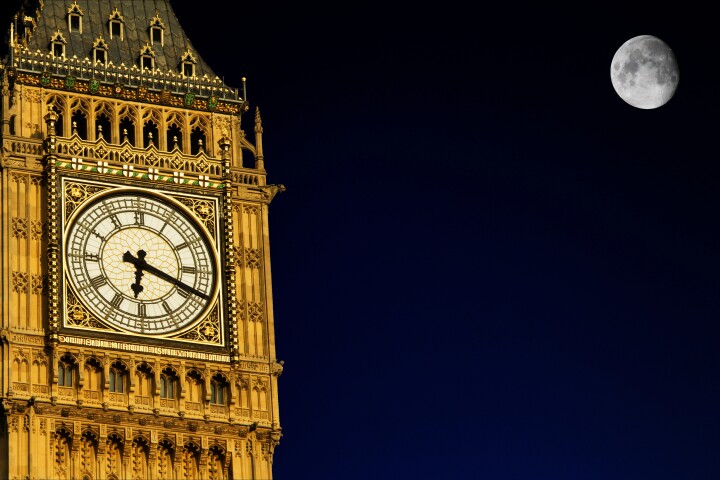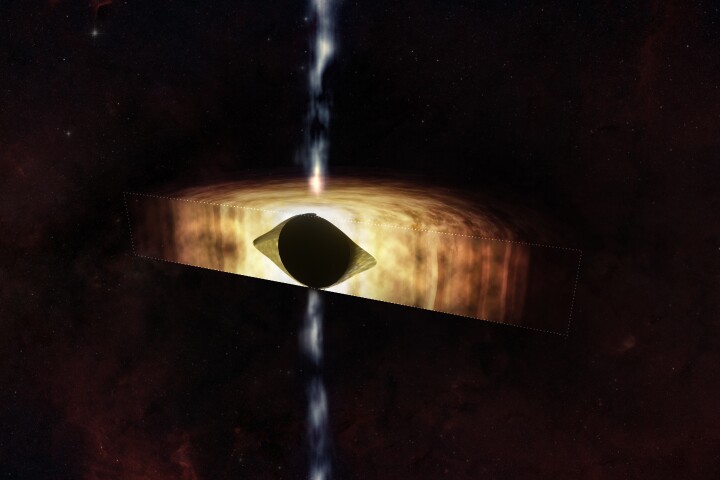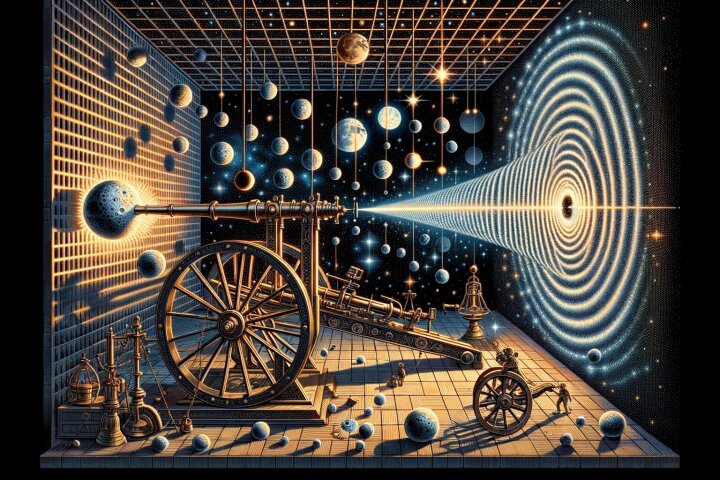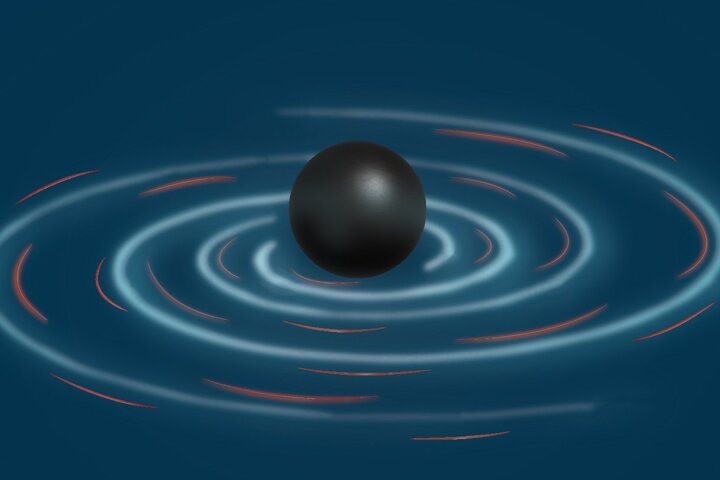relativity
-
Thanks to Albert Einstein, the US Government wants to establish an official time zone for the Moon. It has less to do with jet lag and more to do with how gravity affects time and can throw a lot of very precise technologies seriously off track.
-
A supermassive monster lurks at the center of our galaxy, and astronomers have now discovered that it’s spinning so fast it’s warping the very fabric of spacetime into a football shape.
-
A unified Theory Of Everything is the holy grail of physics, but gravity refuses to play ball. A newly proposed theory attempts to unify Einstein’s theory of gravity with quantum mechanics – and importantly, outlines a way to test it experimentally.
-
Scientists using quasars as cosmic clocks have observed that when the universe was just a billion years old, time ran five times slower, helping to confirm Einstein's general theory of relativity and the expansion of the universe.
-
Gravity is the only fundamental force that can’t currently be explained by quantum physics. Now scientists have outlined a plan to look for signs of quantum gravity out in the cosmos by listening in to the 'ringing' of colliding black holes.
-
A six-page autograph manuscript by Albert Einstein entitled "The Essence of the Theory of Relativity" is being auctioned tonight, and scientific voyeurs can watch all the fun as the heavy-hitters come out to play, as the sale will be live online.
-
A 54-page document handwritten in 1913-1914 by Albert Einstein and Swiss engineer Michele Besso, sold earlier today for €11.6 million. It’s the most paid in nearly eight decades for an autograph document by history’s most celebrated scientist.
-
In 2015, LIGO detected gravitational waves for the first time, by observing tiny wobbles in laser beams, but a newly launched telescope in Spain is aiming to see them more directly, scouring the skies for the optical signals associated with gravitational waves.
-
ScienceGravity from huge objects like stars can curve spacetime, bending light from its straight path. This can alter how we see distant stars through what's called gravitational lensing, and now astronomers have seen it in action, directly observing a star bend the light of another, more distant star.
-
ScienceThe Lambda Cold Dark Matter model suggests that 68 percent of the universe is made up of dark energy. But a new study has questioned whether dark energy exists, citing simulations that found that accounting for the structure of the cosmos, the gap in the theory, which dark energy fills, vanishes.
-
The question of why time moves forwards, and not backwards, has long been on the minds of physicists. Now, a professor at UC Berkeley has a new theory: as the universe expands, it drives the expansion of time, which creates a constant series of new “now” moments.
-
New software has been developed that incorporates all the complexities of the equations of Einstein's general theory of relativity to help produce models of the cosmos far more complex and detailed than ever before constructed
Load More











